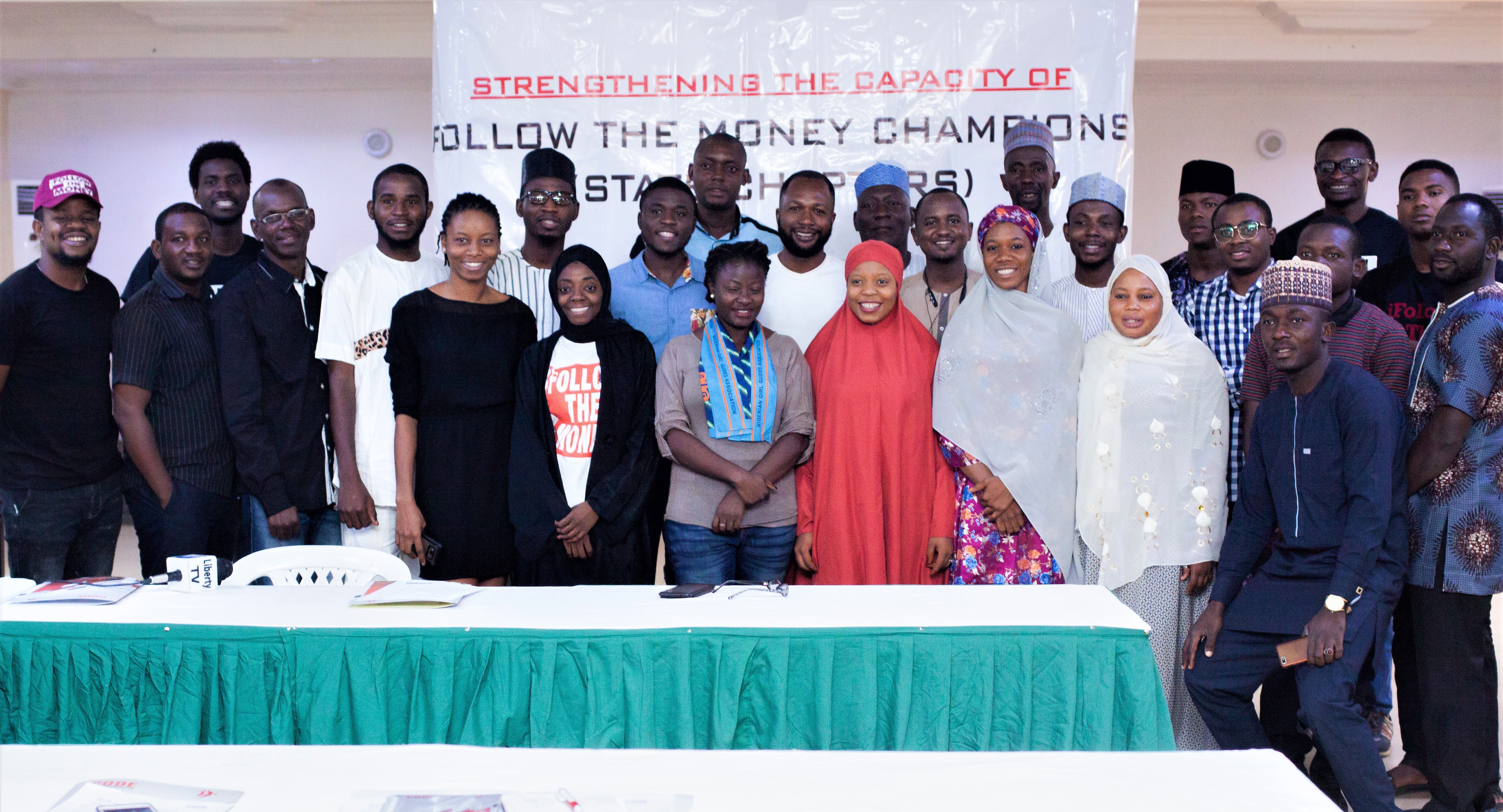News
CODE trains community volunteers on tracking govt. expenditure in Kaduna

Connected Development (CODE) a Non-Governmental Organisation, on Saturday, trained community volunteers to effectively track government expenditure in Kaduna State.
This is with a view to ensuring transparency and accountability for improved quality of service delivery.
The Chief Executive Officer of the NGO, Mr Hamzat Lawal explained at the opening of the training in Kaduna, that the volunteers would be expected to track every government spending in the state.
Lawal, who was represented by the state’s Chapter Lead, Ms Zaliha Lawal, said that improving the capacity of the volunteers called, Follow the Money Champions, is key to holding government accountable.
He explained that CODE is currently tracking government expenditure in basic health, basic education and environment, adding that it needed volunteers to cover every part of the state.
“We are therefore improving the capacity and empowering our volunteers with the needed techniques to effectively follow government spending in the execution of development projects.
“We are empowering them on how to generate data, collect information and mobilise community members to participate fully in the design and implementation of government development projects.
Also speaking, Mr Busayo Morakinyo, CODE’s Community Engagement Manager, said that building the capacity of the volunteers would enable the state chapter to independently monitor government expenditure.
Morakinyo said that in spite of huge government investment in the health and the education sector, primary healthcare services have remained very poor and the state of infrastructure in public schools are worrisome.
He pointed out that youths and community members needed to start asking questions and get involve in governance by tracking every money that goes in and out of state and local government.
“Beyond health, education and environment, the follow the money champions will be tracking road construction, power and every government investment across the development sectors.
Similarly, Mukhtar Modibbo, a Community Engagement Assistant, said that the main goal of the NGO is to empower rural and marginalised communities through improving access to information and capacity building.
“CODE is equally promoting transparency and accountability, and citizens engagement.
“We are following the money to fight corruption, improve service delivery, facilitate development by creating a platform for dialogue between government and the citizens,” he said.
Modibbo said that the NGO have empowered 1.2 million people with information and capacity to hold government accountable in 69 communities in 21 states and successfully tracked 3.6 million U.S dollars in 2018.
One of the volunteers, Miss Fatima Aliyu said she volunteered to track government’s spending in the state to ensure efficient use of available resources for development.
Aliyu, a graduate of computer science, said: “We need to hold government accountable for our own sake, because if we sit back, complain and make no effort, nothing will change.
“We need to stand up for our rights to ensure that government remains on tract in its mandate of improving the livelihood of the people through sustainable development projects.
“I am doing this job with all joy, knowing I am contributing my quota to national development,” she said.
Another volunteer, Mohammed Habibullah, a quantity surveyor, said he volunteered to put his skills to good use by ensuring quality of service delivery in the construction sector.




 Davido's Net Worth & Lifestyle
Davido's Net Worth & Lifestyle 
